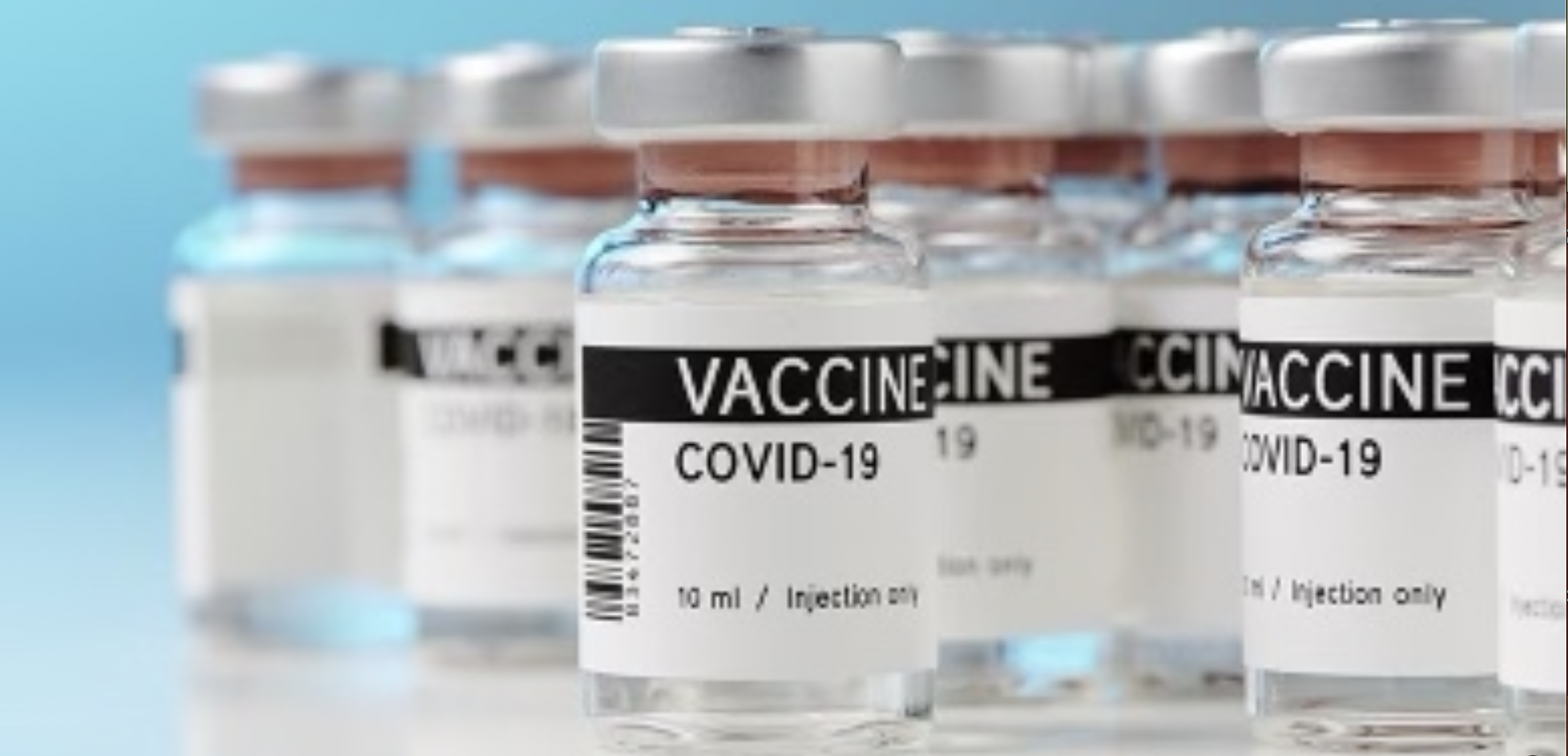
Virgin Islanders haven’t had an easy time finding the most recent COVID-19 vaccine. Unlike previous versions, the 2023–2024 monovalent XBB.1.5 variant mRNA COVID-19 vaccines by Moderna and Pfizer-BioNTech aren’t distributed for free by the federal government. While for-profit companies distribute the inoculations, medical providers have struggled to meet demand, health experts said Monday.
Uninsured and under-insured people can still get no-cost immunizations through the Health Department. Everyone else wanting the latest COVID vaccine must queue up.
The federally funded COVID-19 vaccines program ended in mid-September, with only a Bridge Access Program for those without proper health insurance left for free, said Monife Stout, director of the Health Department’s Immunization Program.
“But this is just for this specific population. If you are a provider and you opt out and you say, well, I just want to serve persons with, you know, insurance, then you are responsible for purchasing your vaccine from your vendor, whatever vendor you use, to see if they have it, and to go ahead and administer those vaccines to your insured population,” Stout said Friday.
Those private doctors haven’t had it easy. The U.S. Virgin Islands is considered a foreign jurisdiction by most medical suppliers, said Dr. Jessica Wilson of Wilson Healthcare Consultants in St. Thomas. Healthcare providers in the territory are left relying on relationships with individual vaccine suppliers, a task made more difficult since Puerto Rico-based DeVictoria Medical opted to stop sending inoculations to the USVI. Cultivating mainland sources can be difficult.
“We’re considered international so they don’t ship directly to us, the vaccine companies from the states. So we’ve always had to go through Puerto Rico and now that Puerto Rico is no longer sending vaccines out to the Virgin Islands, it’s just proved a very big challenge and there have been a lot of kids who have been delayed on their vaccinations, at least the private supply. With the Vaccines for Children program, it’s federal, so because it’s a federal order, they send their vaccines here. But for private stock, they don’t send them here. So it’s a different source that it’s received from,” Wilson said.
DeVictoria Medical did not immediately respond to calls for comment.
To make matters a little more challenging, cybercriminals triggered a temporary pause at Henry Schein, Inc., a major vaccine supplier, Oct. 14.
The New York-based company alerted authorities and took precautionary action, including taking certain systems offline, which led to temporary disruption of some of Henry Schein’s business operations.
“The company is working to resolve the situation as soon as possible,” according to an Oct. 15 press release. “Henry Schein has determined that the practice management software used by its clients has not been disrupted.”
Lisa Sloan, senior director of operations at St. Croix’s Plessen Healthcare Specialty Clinic, said Monday the disruption caused a clog in the vaccine pipeline that was only now starting to flow again.
“We hope we’re back on track,” Sloan said. “We first ordered 90 and we were out in three days.”
A second order for 120 vaccinations came in late last week and was going fast, she said. Another 120 were on the way. A reservation wasn’t needed for the COVID vaccine but Sloan recommended it.
“We’re strategically trying to get them scheduled. They can walk in but no one wants to come in and potentially wait for hours,” she said.
In St. Thomas, Wilson’s clinic sets Friday aside for vaccinations — both children and adults. They typically distribute 30 or so COVID vaccines, depending on the number of patients who have signed up or arrive unannounced. But supply is limited. And her business has to invest in the now-competitive vaccine supply market.
“I mean, if cost was no option we would have as many as we can, however it’s now commercialized so you have to pay for it and it is very expensive,” Wilson said. “So it’s a pay for it up front type of thing.”
Her clinic has to buy the vaccines — sometimes $30,000 or more worth — then, once they are distributed, wait 120 days or so to be reimbursed by the patients’ insurance companies.
“It’s just been a challenge for all providers to get vaccines and, you know, having to pay $30,000 upfront for vaccines and then wait for reimbursement is really costly for providers, especially those who see the elderly and Medicare patients — because the reimbursement is not much,” Wilson said.
This invest-and-wait scenario may be behind national healthcare chains not stocking COVID vaccines in the territory. The extra lift, getting the vaccine to the Virgin Islands and taking the risk of stocking the expensive immunizations for a limited population might make large brands like Walgreens less likely to bother, some healthcare providers speculated. More money was easier to come by on the mainland. In recent weeks, Walgreens on St. Thomas has taken COVID vaccine appointments but lacked the actual vaccine. Walgreens did not respond to repeated calls for comment.
Stout said the Health Department was well supplied to meet the needs of the uninsured and underinsured and was actively reaching out to vulnerable populations through the department and Federally Qualified Health Centers.
“The commercialization now puts the onus on private providers if they want to administer the vaccine. They can access it but that’s according to how much they can afford to do. And for uninsured and underinsured, we are here as a department, community health and FQHCs who we also support through bridge access to provide for that population,” she said. “We’re focused on persons who are vaccine hesitant to not only get flu shot but to get their COVID shot as well.”


